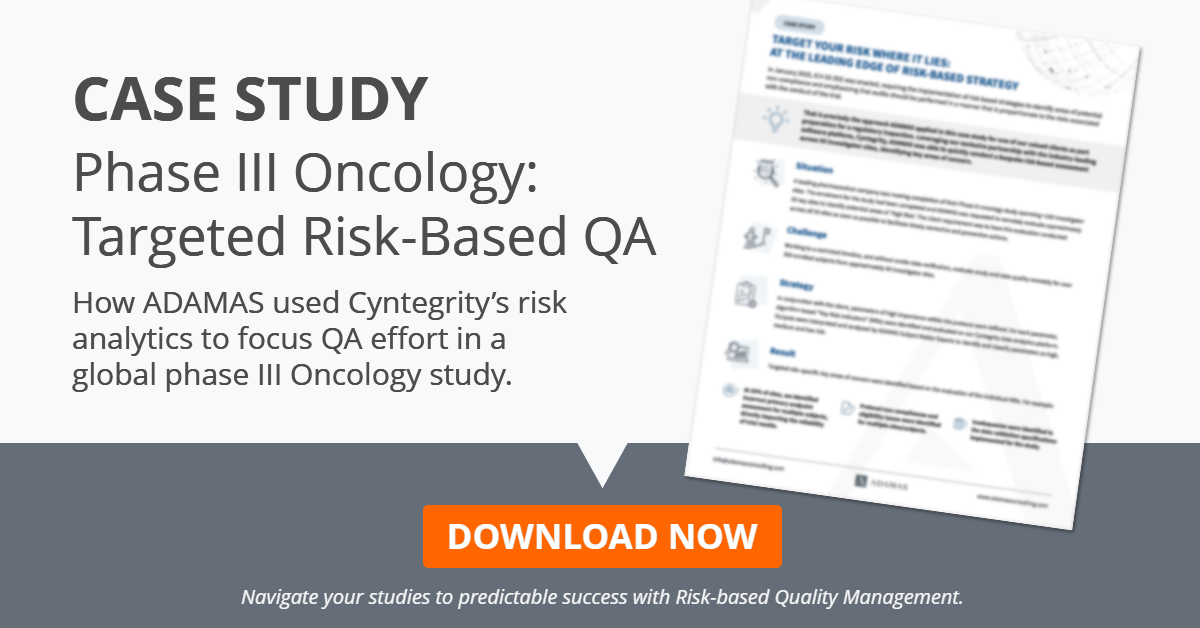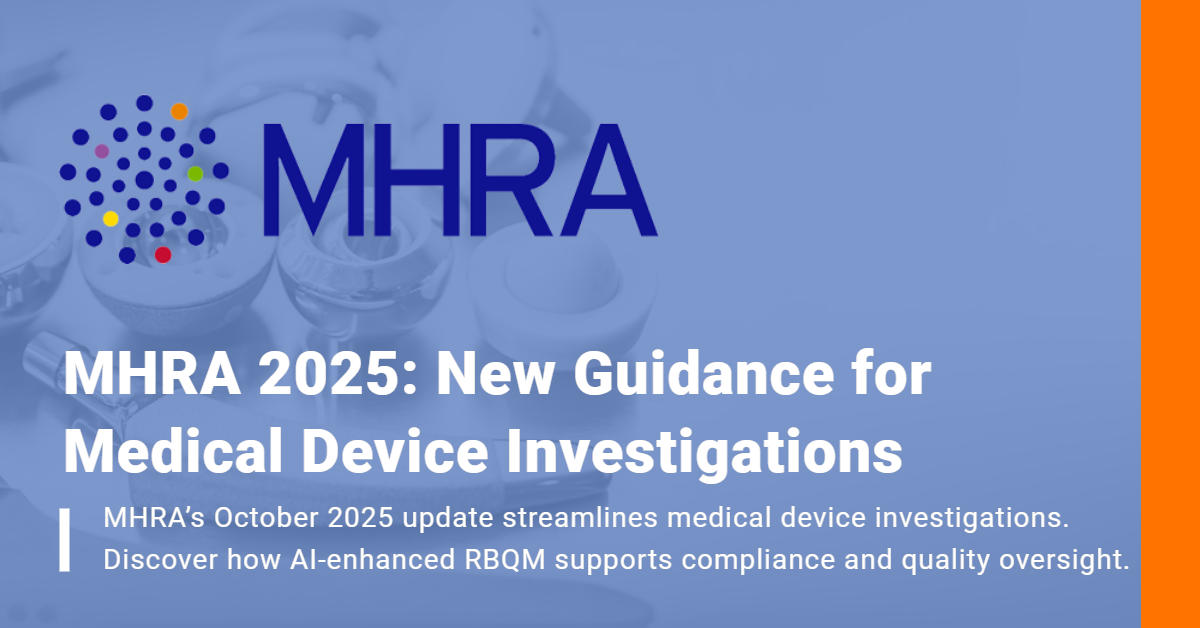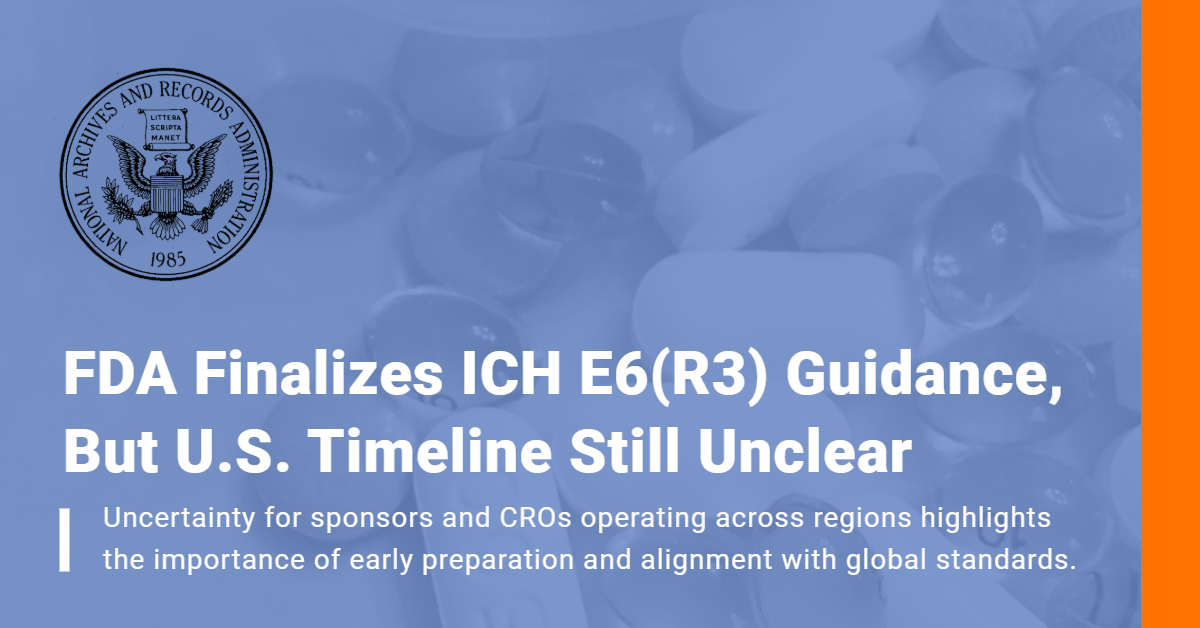Addressing Fraudulent RCTs: The Power of Clinical Trial Risk Management
In the realm of clinical trials, data integrity is of utmost importance. A recent article in Nature – Medicine is plagued by untrustworthy clinical trials. How many studies are faked or flawed? – has underscored the growing concerns about fraudulent randomized controlled trials (RCTs) affecting the landscape of medical research. Today, we explore how innovative clinical trial risk management approaches, like those offered by the MyRBQM® Portal, can help detect, prevent, and address these issues while facilitating regulatory oversight.
The Menace of Fraudulent Clinical Trials: Key Observations and Concerns
According to Nature’s report, there has been a disturbing uptick in potentially fraudulent or erroneous RCTs, mainly originating from certain regions such as China, Egypt, and India. These fraudulent trials, identified by peculiar patterns and anomalies in data sets, are not just academic misdemeanors. They have real-world impacts, influencing systematic reviews, meta-analyses, clinical guidelines, and patient treatments.
Interestingly, even after studies are retracted, their influence often lingers as they continue to be cited in new research. Moreover, the lack of stringent checks by institutions and medical journals allows these fraudulent studies to persist.
These revelations underscore the pressing need for proactive and robust clinical trial risk management strategies that can detect and prevent such practices.

The Role of Clinical Trial Risk Management and MyRBQM® Portal
Clinical trial risk management focuses on identifying, assessing, and mitigating risks that could compromise the quality and integrity of a clinical trial. A pivotal tool in this process is the MyRBQM Portal, a technology that leverages artificial intelligence and retrospective and predictive analytics to aid in trial oversight.
Detecting and Preventing Fraudulent Practices
The MyRBQM Portal assists in detecting statistical anomalies and improbabilities in trial data, similar to the retrospective analyses performed by researchers in the Nature article. By identifying these irregularities early, investigators can scrutinize the data more thoroughly, potentially uncovering signs of fraudulent activities and preventing the spread of false information.
Facilitating Regulatory Oversight
The MyRBQM Portal also plays a significant role in facilitating regulatory oversight. It enables a seamless sharing and tracking of individual participant data (IPD), a practice that many are advocating for. This data transparency is not only vital for the replicability and verification of research findings but also aids regulatory bodies such as the FDA and EMA in monitoring and verifying trial data, bolstering the integrity of clinical trials.

FDA example: The MyRBQM Portal provides an umbrella view while upholding the ‘single source of truth’ principle.
A Call to Action: Enhancing Clinical Trial Integrity
Addressing the issue of fraudulent clinical trials requires a multifaceted approach. Stronger oversight, quality checks, and a change in academic incentives may be advisable. Tools like the MyRBQM Portal can act as invaluable allies in this battle, providing the means to detect, prevent, and manage risks, while enhancing regulatory oversight.
The revelations from the recent Nature article serve as a stark reminder of the potential threats to the integrity of clinical research. By implementing robust risk management strategies and harnessing innovative technologies, we can ensure the preservation of trust, transparency, and truth in clinical trials.
Join the Conversation | Join the conversation with Dr. Johann Proeve, Chief Scientific Officer, and Nora Brennan, Head of Customer Success at Cyntegrity, as they discuss the evolution of FDA site inspections in clinical trials. This interview explores the latest enhancements in inspection methods, including the shift towards remote and virtual oversight and the rise of targeted strategies.
Learn about the role of AI and deep machine learning in the MyRBQM Portal and how it streamlines the inspection process. The portal allows for real-time, efficient comparison of data quality across various study sites, helping to focus resources where they are most needed.
Understand how the portal’s innovative algorithms uncover site-specific issues, enhancing patient safety and reinforcing compliance by offering a data-driven approach to inspection priorities.
Discover how integrating the universally recognized CDISC SDTM data format in the MyRBQM Portal optimizes resources and minimizes the need for highly specialized technical skills.
This interview isn’t just about the changing dynamics of FDA site inspections; it’s about embracing new technologies and methodologies to safeguard patient safety, reinforce compliance, and deliver better outcomes in clinical trial oversight.







Leave A Comment
You must be logged in to post a comment.